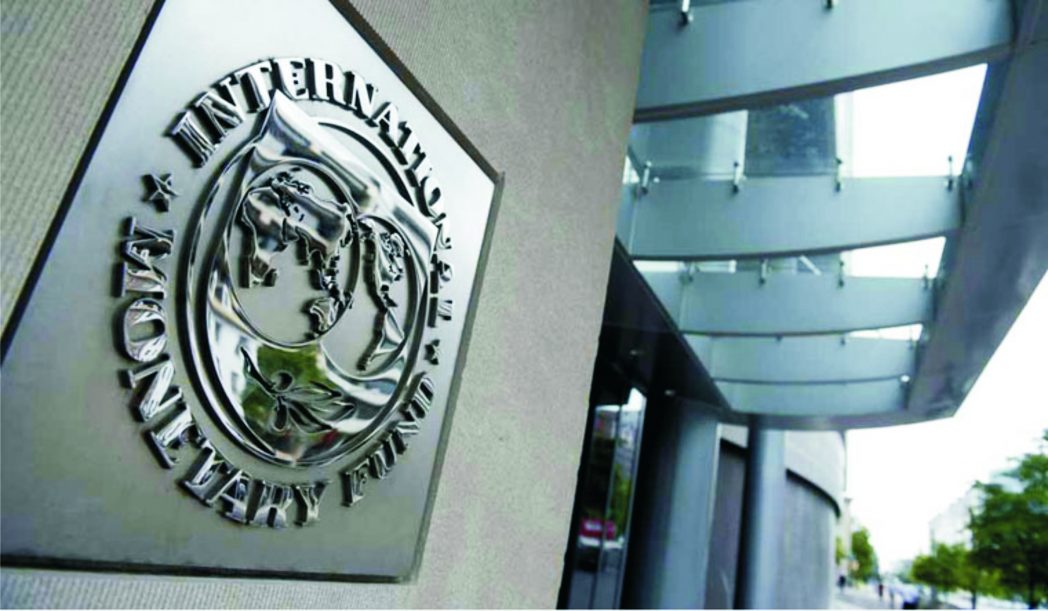Business
IMF To Meet On Nigeria’s $3.4bn Loan Request

The International Monetary Fund (IMF) has said its executive board would soon meet over a fresh $3.4billion loan request from Nigeria.
The Federal Government had applied to the IMF for a rapid credit loan as part of measures to cushion the effects of COVID-19 in Nigeria.
The Minister of Finance and Chairman, Special Ministerial Task Force on COVID-19, Zainab Ahmed, had disclosed the fresh loan request at a news conference in Abuja on Monday.
The Federal Government is banking on the IMF credit and similar loan requests from the World Bank and the African Development Bank to cushion the effects of the pandemic on the economy.
The pandemic had led to a sharp fall in the prices of crude oil, Nigeria’s major source of revenue.
In a statement posted on its website on Tuesday, the IMF quoted its Managing Director, Ms Kristalina Georgieva, as acknowledging the request by the Federal Government, adding, “We are working hard to respond to this request so that a proposal can be considered by the IMF’s executive board as soon as possible.”
She noted that the Federal Government had initiated a number of measures aimed at containing the spread of the virus and its impact.
The measures, according to the IMF, include a swift release of contingency funds to Nigeria Centre for Disease Control.
It added that the Nigerian government was working on an economic stimulus package that would help provide relief for households and businesses impacted by the downturn.
She said, “Nigeria’s economy is being threatened by the twin shocks of the COVID-19 pandemic and the associated sharp fall in international oil prices.”
Georgieva added: “To support these efforts, Nigeria’s government has requested financial assistance under the Fund’s Rapid Financing Instrument.
“This emergency financing would allow the government to address additional and urgent balance of payment needs and support policies that would make it possible to direct funds for priority health expenditures and protect the most vulnerable people and firms.”
Business
NPA Assures On Staff Welfare
Business
ANLCA Chieftain Emerges FELCBA’s VP
Business
NSC, Police Boost Partnership On Port Enforcement
-
Sports3 days ago
Ronaldo Renews Stay With Saudi Pro League
-

 Features2 days ago
Features2 days agoBetween EFCC And NDDC: Strategic Alliance For Niger Delta
-
Niger Delta3 days ago
EFCC Praises NDDC’S Performance … Unveils Projects In Bayelsa
-

 Politics2 days ago
Politics2 days agoMakinde Renames Polytechnic After Late Ex-Gov
-
Opinion3 days ago
Nigerian English As Nation-Building Tool
-
Nation2 days ago
TETFunds’ South Rep Visits CEAPOLY …Unveils Mass Communication Dept Building
-
Sports3 days ago
Spanish Football Fires Entire Refereeing Committee
-

 Niger Delta2 days ago
Niger Delta2 days agoOBALGA Sole Administrator Presents Brand New Fire Extinguishers To Council …Commiserates With Traders Over Rumuomasi Market Fire Incident …Commences Desilting Of Drainages

